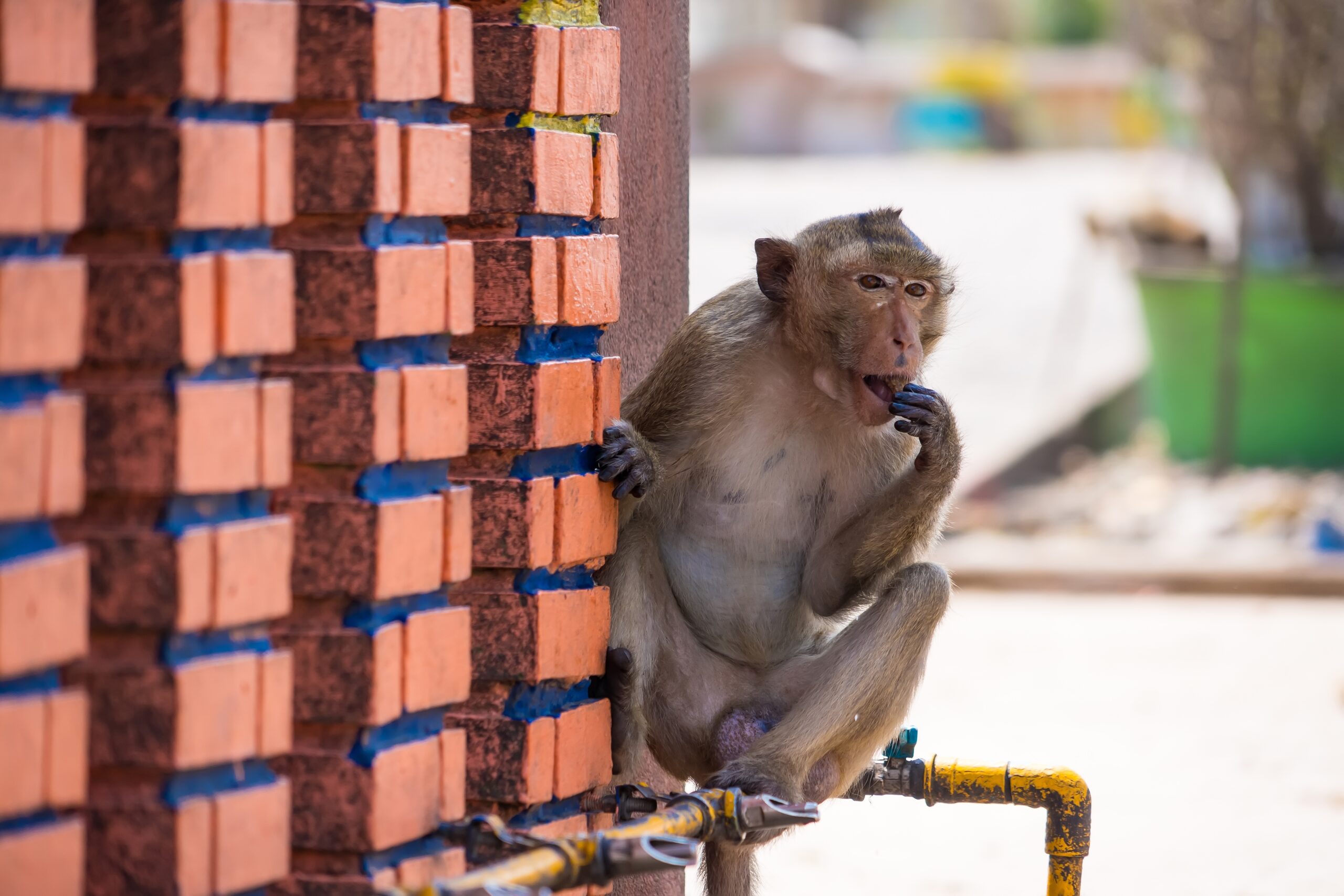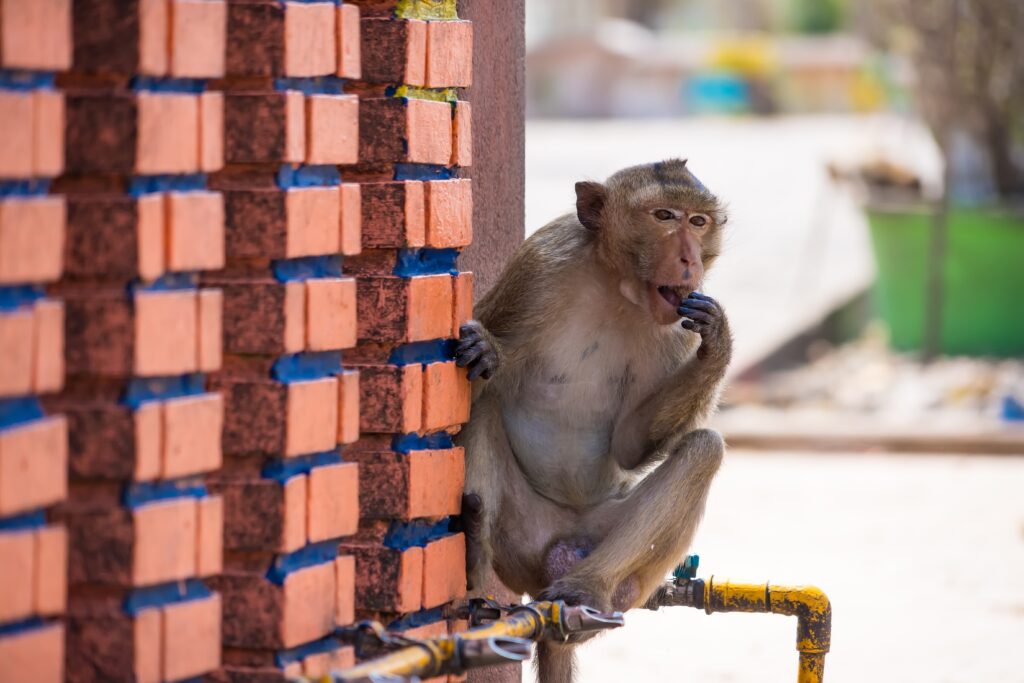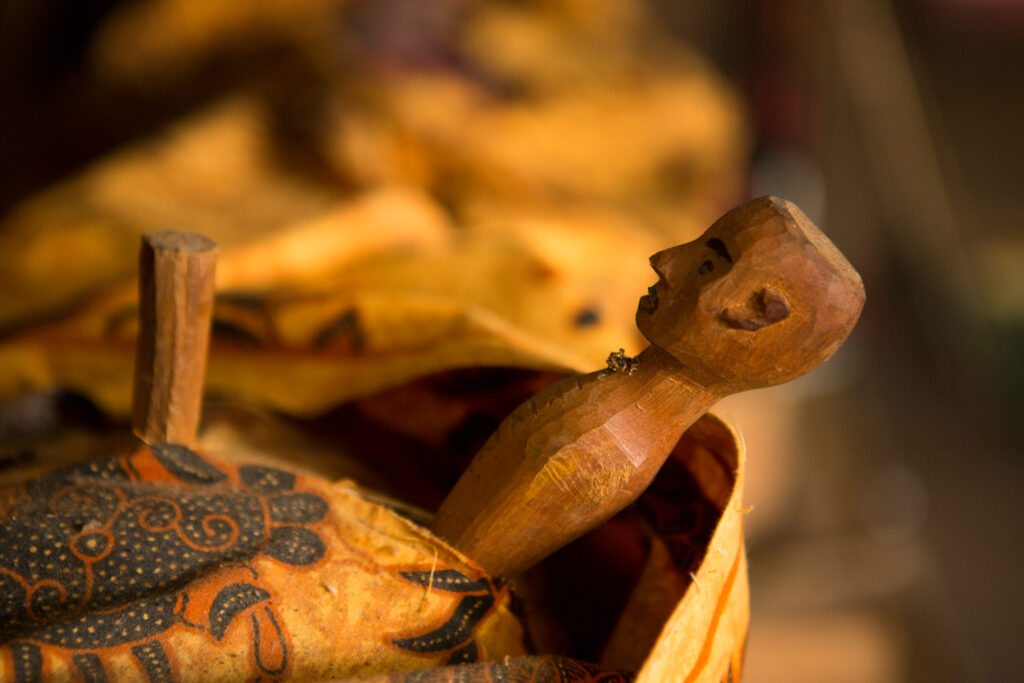
The Strangest Traditions Around the World That Will Leave You Speechless
Imagine waking up on your 25th birthday only to be covered in a cloud of cinnamon. In Denmark, this is not an act of revenge but a playful tradition for unmarried people—a public spectacle of spice and laughter, meant to remind them (and everyone around them) of their single status. Meanwhile, in Thailand, an entire town prepares a grand feast—not for themselves, but for monkeys. The annual Lopburi Monkey Buffet Festival turns primates into VIP guests, showering them with fruits, sweets, and elaborate spreads as a token of gratitude for their presence in the city.
These are just a few of the countless bewildering customs that exist across cultures, each rooted in history, belief, or sheer whimsy. While they may seem strange at first, they force us to question: What makes something ‘normal’? And how much of what we accept as common sense is merely a reflection of where and how we grew up?

Outline
Breaking the Illusion of Normal
To step outside one’s own culture is to realize how arbitrary ‘normal’ truly is. What feels rational and acceptable to one society can be completely nonsensical to another. In Spain, for instance, people participate in El Colacho, or “The Baby Jumping Festival.” Men dressed as devils leap over rows of infants laid on mattresses in a symbolic act of cleansing them of sin. To an outsider, this may seem reckless, but to locals, it is a time-honored tradition dating back to the 1600s, blending faith and folklore in a way that defies conventional logic.
Psychologists suggest that our brains are wired for cultural conditioning. We absorb traditions and social norms as children, treating them as absolute truths rather than inherited scripts. This is why people often experience culture shock—the feeling of cognitive dissonance when encountering customs that challenge deeply ingrained beliefs. But rather than dismissing unfamiliar traditions as ‘weird,’ we might ask ourselves: What can we learn from them?
The Power of Ritual and Meaning
Many of these seemingly bizarre customs serve a deeper purpose. Take Japan’s Namahage festival, where men dressed as terrifying ogre-like beings visit homes on New Year’s Eve, warning children to behave and work hard. On the surface, this might appear as an outdated attempt to frighten kids. But at its core, it reinforces values of diligence, respect, and community responsibility—lessons that transcend cultural boundaries.
Similarly, in Indonesia’s Tiwah ceremony, the remains of the deceased are exhumed, cleaned, and reburied in a lavish ritual meant to ensure their smooth passage into the afterlife. While many cultures see death as a final farewell, this tradition reframes it as a transition, teaching a more fluid perspective on existence itself.
Anthropologists argue that traditions, no matter how eccentric, give people a sense of belonging. They anchor identity, connect generations, and infuse life with symbolic meaning. When we scoff at foreign customs, we miss an opportunity to expand our understanding of human experience.

Embracing the Unfamiliar
So what should we take away from all this? If nothing else, these traditions remind us that the world is a vast mosaic of beliefs, each as valid as our own. They invite us to loosen our grip on certainty, to celebrate differences instead of fearing them.
Perhaps the next time we encounter a custom that challenges our worldview, we should pause. Rather than instinctively labeling it as ‘strange,’ we might ask: What does this reveal about the people who practice it? What underlying values does it represent? And most importantly, how might it enrich our own understanding of life?
After all, if a town can honor monkeys with a feast, if strangers can throw cinnamon as a rite of passage, and if traditions can reshape how we see reality—then maybe, just maybe, stepping beyond our own cultural boundaries is the key to unlocking a more curious, open-minded, and adventurous existence.
FAQs
Why do some people have a better sense of direction than others?
Some individuals develop stronger navigation skills due to a combination of brain structure, spatial awareness, and practice in observing their surroundings.
Can navigation skills be improved?
Yes, navigation is a skill that can be trained by practicing spatial awareness, avoiding over-reliance on GPS, and engaging in activities that challenge the brain’s ability to map environments.
Why do unfamiliar places sometimes feel overwhelming?
When we enter a new environment, our brains work harder to process unfamiliar spatial information, and anxiety or lack of confidence can further impair our ability to navigate effectively.